Harry Ransom Humanities Research Center Imprint Series
PUBLISHED FROM THE COLLECTIONS OF THE HRC
Stuart Gilbert, Reflections on James Joyce: Stuart Gilberts Paris Journal, ed. Thomas F. Staley and Randolph Lewis. 1993
Ezra Pound, The Letters of Ezra Pound to Alice Corbin Henderson, ed. Ira B. Nadel. 1993
Nikolay Punin, Nikolay Punin: Diaries, 19041953, ed. Sidney Monas and Jennifer Greene Krupala, trans. Jennifer Greene Krupala. 1999
Aldous Huxley, Now More Than Ever, ed. David Bradshaw and James Sexton. 2000
Stanley Burnshaw, The Collected Poems and Selected Prose. 2000
Laura Wilson, Avedon at Work: In the American West. 2003
Kurt Heinzelman, ed., The Covarrubias Circle: Nickolas Murays Collection of Twentieth-Century Mexican Art. 2004
Megan Barnard, ed., Collecting the Imagination: The First Fifty Years of the Ransom Center. 2007
William Goyen, Goyen: Autobiographical Essays, Notebooks, Evocations, Interviews, ed. Reginald Gibbons. 2007
Edited with Introduction and Commentaries by Douglas Wixson
On the Dirty Plate Trail
REMEMBERING THE DUST BOWL REFUGEE CAMPS
Texts by SANORA BABB
Photographs by DOROTHY BABB
University of Texas Press  Austin
Austin All photographs are courtesy of the Harry Ransom Humanities Research Center, The University of Texas at Austin.
Excerpt from Whose Names Are Unknown 2004 University of Oklahoma Press. Reprinted with permission.
Copyright 2007 by Douglas Wixson
All rights reserved
Printed in the United States of America
First edition, 2007
Requests for permission to reproduce material from this book should be sent to: Permissions
University of Texas Press
P.O. Box 7819
Austin, TX 78713-7819
utpress.utexas.edu/index.php/about/book-permissions
LIBRARY OF CONGRESS CATALOGING-IN-PUBLICATION DATA
Library ebook ISBN: 978-0-292-79525-9
Individual ebook ISBN: 978-0-292-78283-9
Babb, Sanora.
On the dirty plate trail : remembering the Dust Bowl refugee camps / texts by Sanora Babb ; photographs by Dorothy Babb ; edited with introduction and commentaries by Douglas Wixson.1st ed.
p. cm.(Harry Ransom Humanities Research Center imprint series)
Includes bibliographical references and index.
ISBN-13: 978-0-292-71445-8 ((cl.) : alk. paper)
ISBN-10: 0-292-71445-9
1. Migrant laborUnited StatesHistory20th century. 2. Migrant agricultural laborersUnited StatesHistory20th century. 3. Labor campsUnited StatesHistory20th century. 4. Dust Bowl Era, 19311939. 5. Dust stormsGreat PlainsHistory20th century. I. Babb, Dorothy, 1909 II. Wixson, Douglas C. III. Title.
HD5856.U5B33 2007
331.5'440979409043dc22
2006028924
For Suzanne
No writer will write well of people to whom he does not belong; he belongs only when his roots are so deep down that like the oak he cannot be transplantedat least in imagination.
J. FRANK DOBIE
CONTENTS
(Sanora Babbs texts are in italics)
, BY DOROTHY BABB
LIST OF ILLUSTRATIONS
Self-pity is not their way of telling you:
This migrant life is hard.
That it is unaccustomed and deplored.
The wives say almost half apologetically:
You must excuse the way things look;
We aint yet used to managing this way,
But well soon learn.
But theres fine dignity the way
They manage in too-small tents with beds
Along each walla tin camp stove
Not more than two feet high, and dirt floors
That run with water when it rains.
One family said: The rats are awful bad.
They come in off the fields. And smiled:
They must be hungry too. Four pork chops
Sizzled on the tin camp stovetheir first
Meat in three months. They asked us
If we wouldnt share their meal. They said:
Theres plenty. Dont go now. It was
Their ever-flowering sense of hospitality,
Not dead, but just the same as if wed been
A caller come to visit them at home.
Some people seem to think they had no homes;
That migrant farmers never owned a farm,
But came out West from downright laziness
To leech upon the bounty of the rich,
The corporation-farms and state relief.
To see a strong man flat upon his back,
Too weak to move because there was no food,
No work, and no relief. To hear him say:
Well find a way out yet. We aint give up,
But we wont go on starving.To see a woman
With a wordless grief because she knows her baby
Must be born on old newspapers in a leaky tent,
(The county hospital has refused her aid),
To see these people shyly seek relief,
Knowing that only hunger brought them there,
Because their pride and courage always frowned
Upon receiving money without work,
Is like a knife-thrust to complacency,
Or attitudes of Oh, theyll get along.

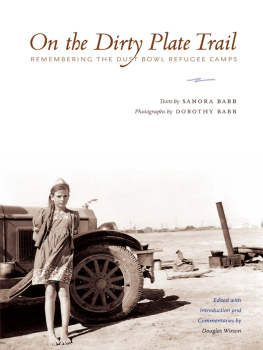

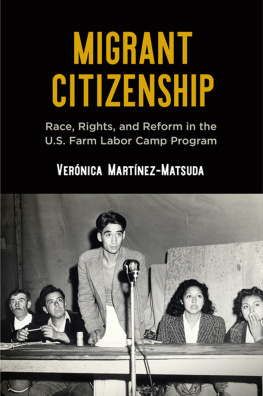
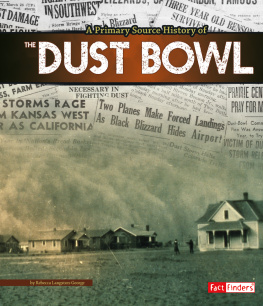
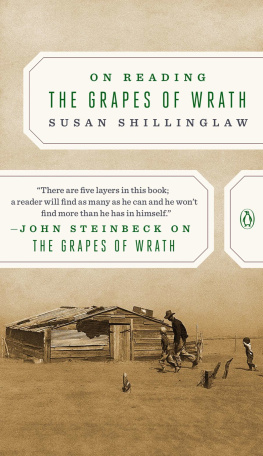
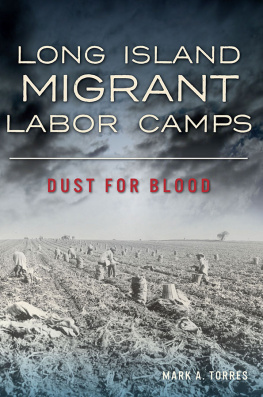
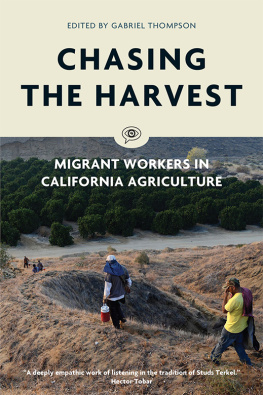
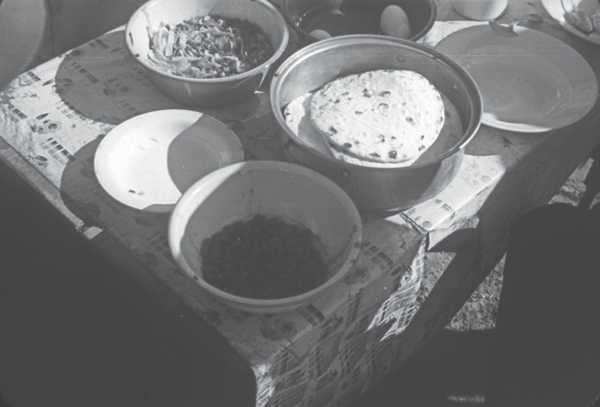
 Austin
Austin